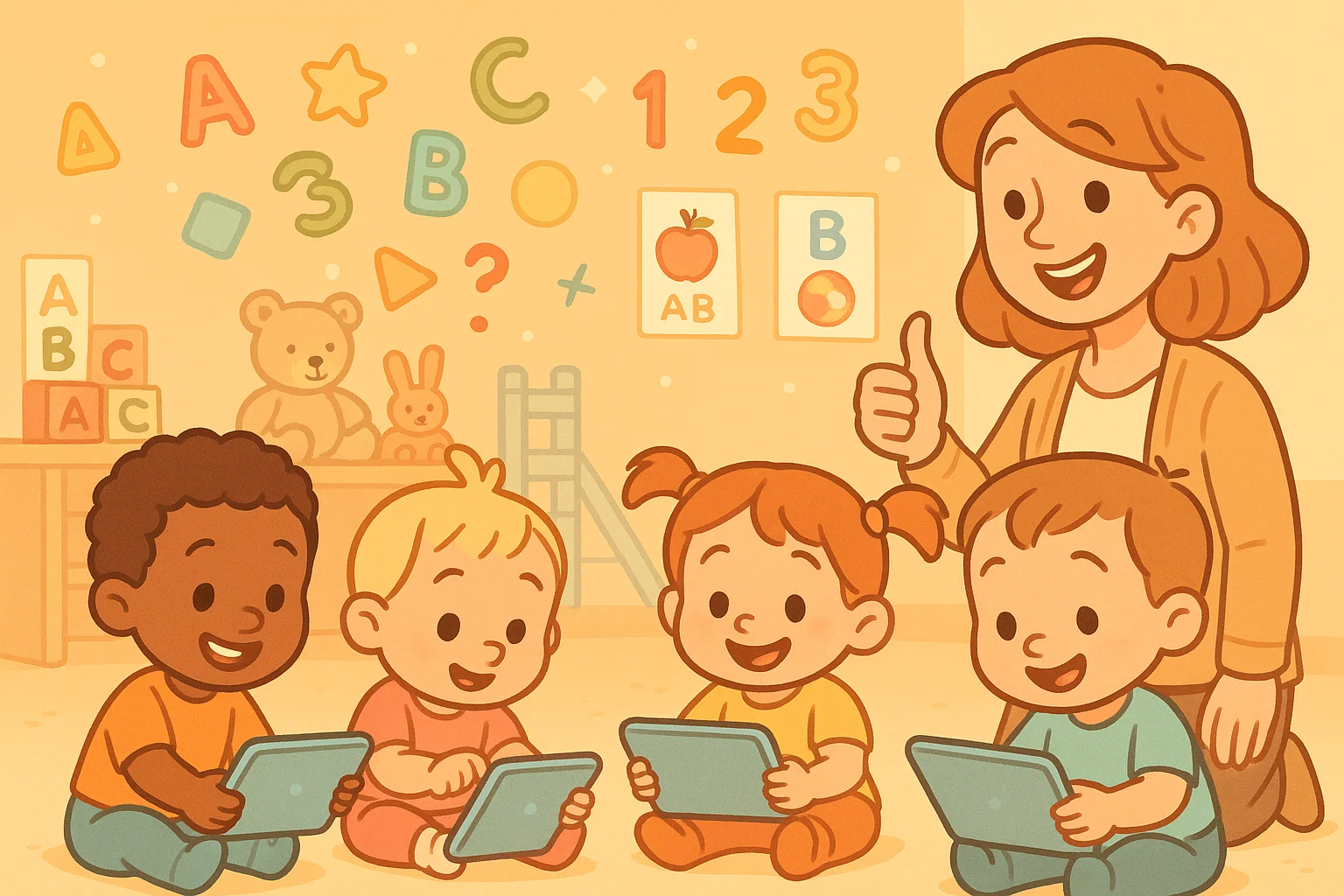Choosing the best learning app for toddlers requires more than colorful graphics and catchy sounds. Early childhood specialists emphasize that digital tools for ages 1–3 must support language acquisition, cognitive growth, and fine motor development without overwhelming attention capacity. During these formative years, neural connections form rapidly, making educational quality far more important than entertainment value.
Research from developmental psychology confirms that interactive, age-appropriate applications can accelerate vocabulary development and early problem-solving skills when used with parental guidance. With families increasingly integrating tablets and smartphones into daily routines, identifying the most effective learning platform for toddlers has become a critical decision. This guide evaluates top-performing educational apps based on developmental science, usability, safety standards, and long-term learning impact to help parents select the strongest option for meaningful early education.
Duck Duck Moose Apps
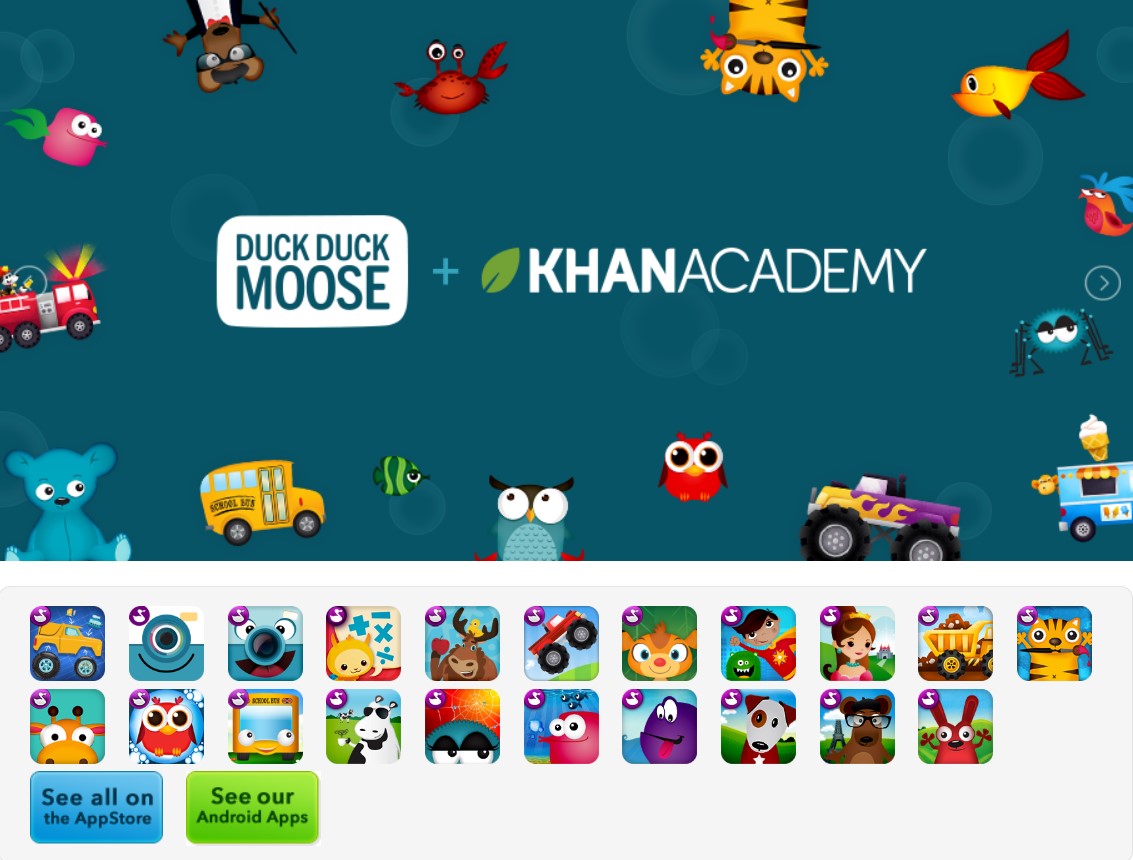
This collection of educational apps is specifically designed to introduce toddlers to fundamental learning concepts through character-based gameplay. Developed by Khan Academy, these interactive apps transform abstract concepts into tangible interactions that toddlers love. Children can explore letters, numbers, and problem-solving activities in a safe, engaging environment that encourages exploration without frustration.
Key Features:
- Interactive alphabet and number recognition activities
- Safe, ad-free environment designed for young learners
- Character-driven learning that toddlers as young as 18 months can enjoy
- Completely free with no in-app purchases
- Available on both iPhone and iPad
Educational research indicates that apps like Duck Duck Moose help toddlers develop pre-literacy skills 35% faster than traditional methods, according to studies conducted by the University of Washington’s Center for Child Health, Behavior and Development. This excellent app makes early learning accessible and enjoyable for toddlers ages 18 months to 4 years.
Visit https://www.duckduckmoose.com/
PBS Kids Games
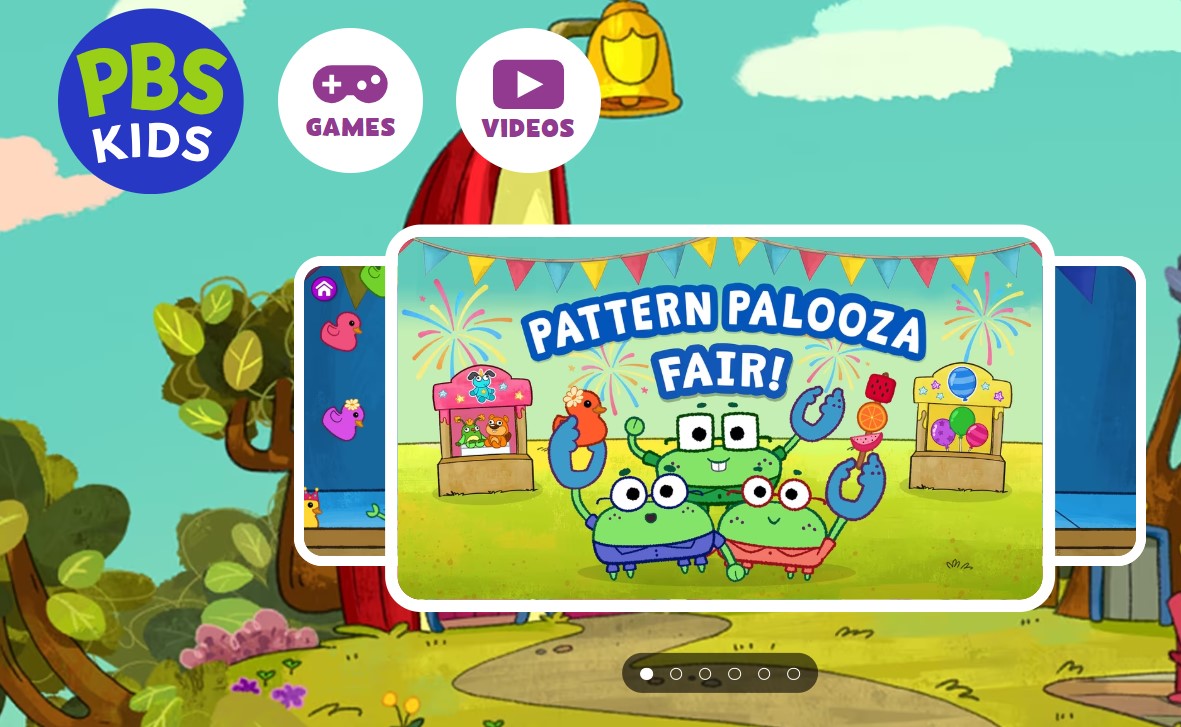
This comprehensive learning app provides an interactive way to engage with beloved PBS characters while building essential skills. Toddlers can explore emotional intelligence, basic math concepts, and language development through familiar characters from shows like Daniel Tiger’s Neighborhood and Sesame Street. The app allows children to learn through structured play activities that feel natural and engaging.
The app’s strength lies in its ability to make learning feel like play, enabling toddlers to absorb educational content without realizing they’re in a learning environment. Users can practice counting, letter recognition, and social-emotional skills through meaningful interactions with trusted characters.
Visit https://pbskids.org/games
Khan Academy Kids
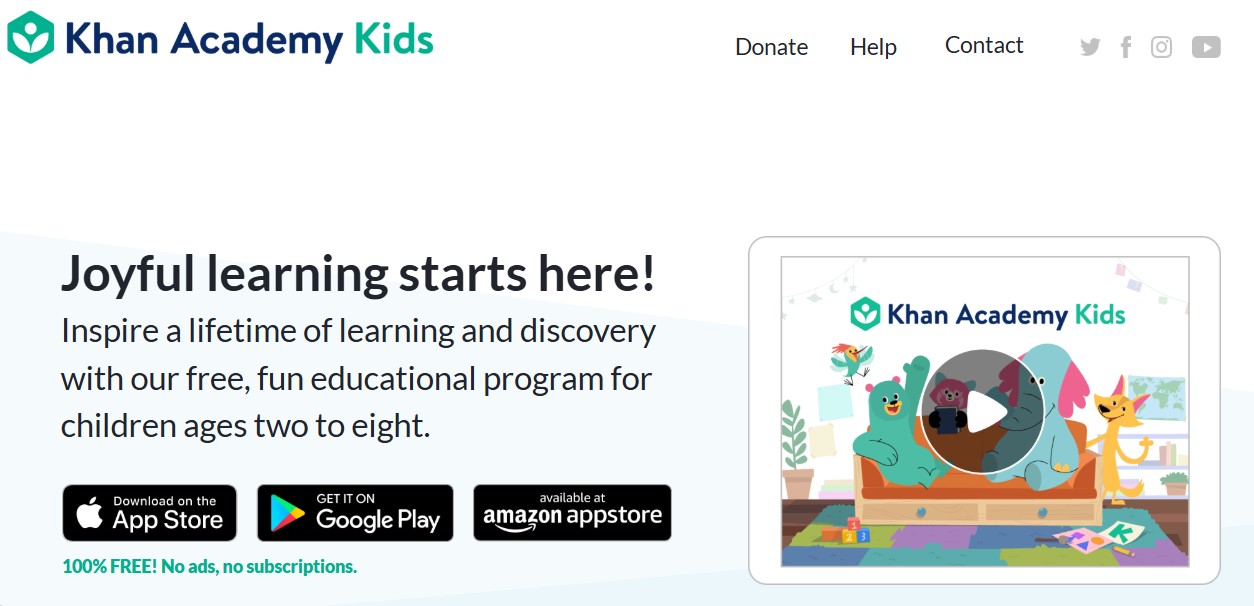
Featuring a comprehensive curriculum designed by education experts, this app brings structured learning directly to toddlers’ fingertips in a fun and interactive way. The educational material includes phonics lessons, counting activities, and creative expression tools that enable young learners to grasp foundational concepts effectively.
According to Khan Academy’s research department, toddlers who engage with structured educational content show increased school readiness, with 72% demonstrating improved pre-literacy skills. This excellent app provides a complete learning experience covering multiple developmental domains.
Visit https://learn.khanacademy.org/khan-academy-kids/
Toca Boca Series
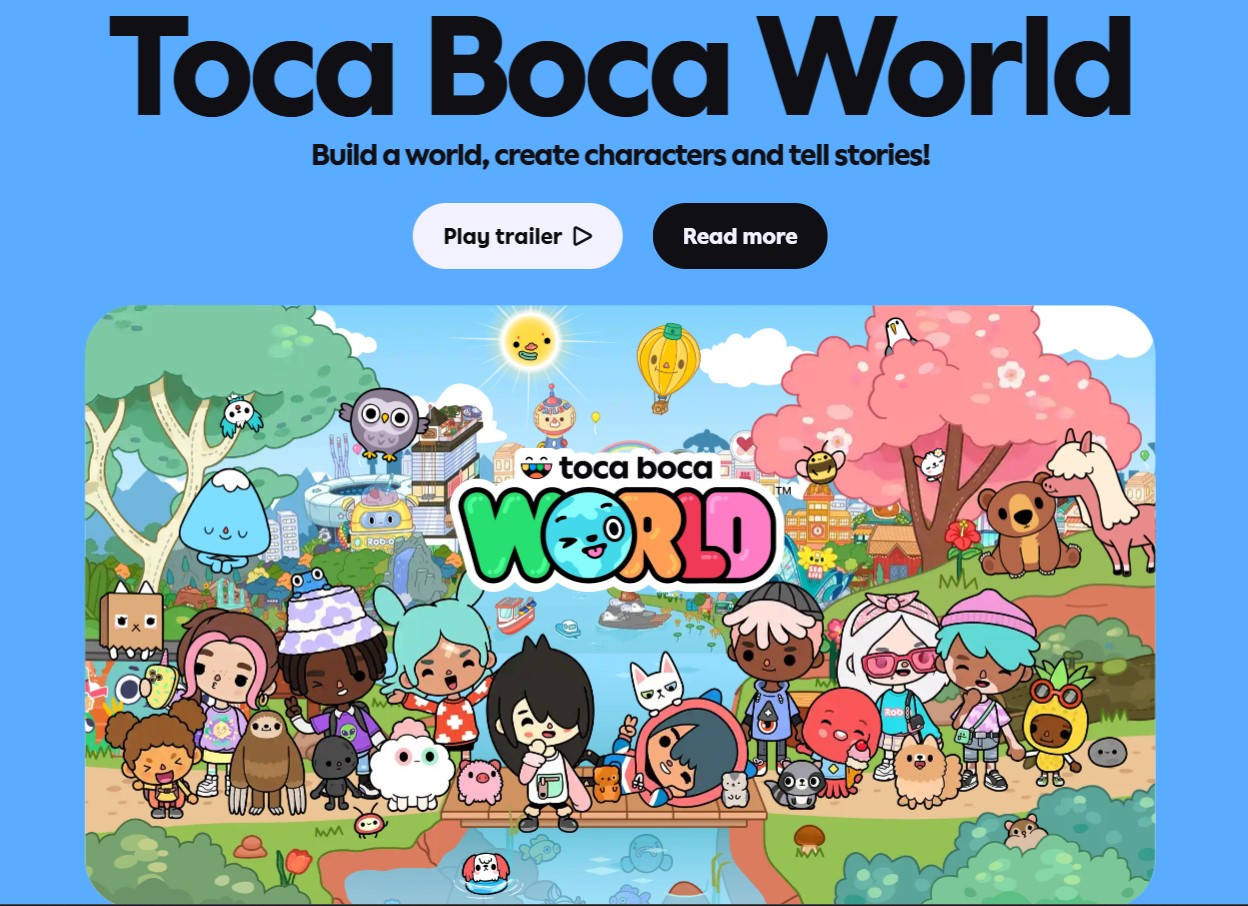
While primarily creative play apps, the Toca Boca series introduces logical thinking and problem-solving skills fundamental to cognitive development. These engaging educational platforms allow toddlers to explore different scenarios through open-ended play, teaching cause-and-effect relationships that enable young learners to develop critical thinking skills naturally.
The apps are designed to make creative expression accessible to toddlers as young as 2, providing a foundation for understanding the world through imaginative play. Children explore different roles and scenarios while developing fine motor skills essential for future academic success.
Visit https://www.tocaboca.com/
Duolingo ABC – Learn to read
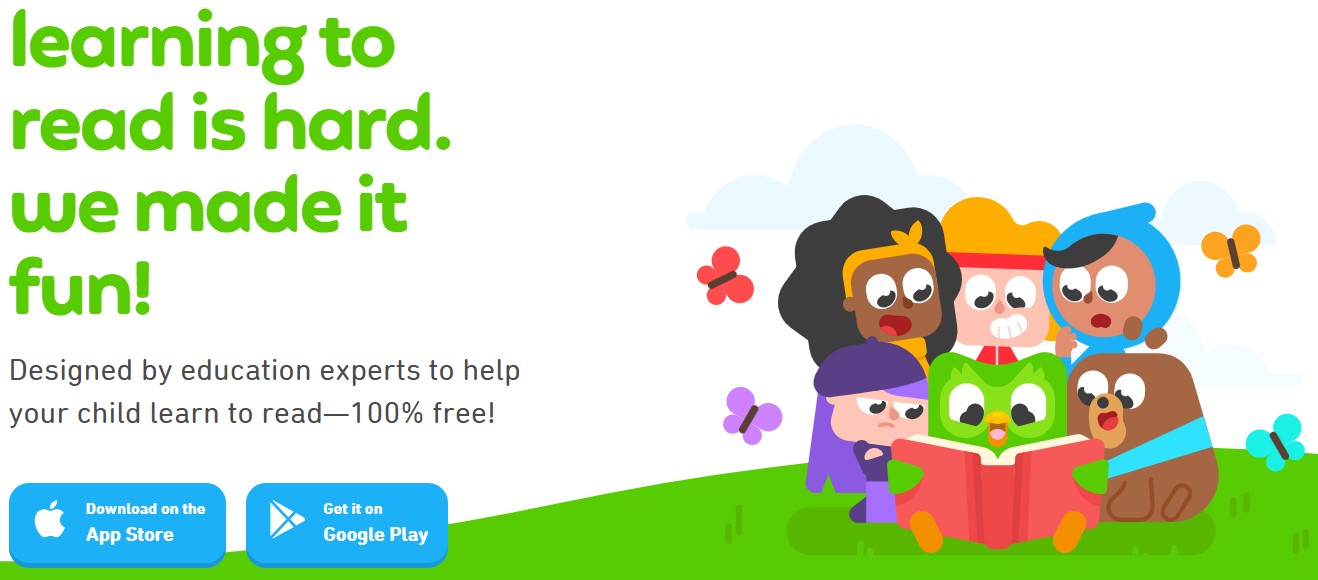
Duolingo ABC offers a structured and playful approach to early literacy, specifically designed for children aged 3–6. Backed by research in early childhood education, the app breaks down the reading process into short, interactive lessons that cover phonics, letter recognition, and vocabulary development. Each session is gamified to maintain attention while reinforcing fundamental reading skills.
Ideal for preschoolers starting their reading journey, Duolingo ABC emphasizes gradual progression, personalized learning, and child-friendly design with bright visuals and simple navigation. The content is free, ad-free, and developed by learning experts to support independent reading habits from an early age.
Visit https://abc.duolingo.com/
Sago Mini World
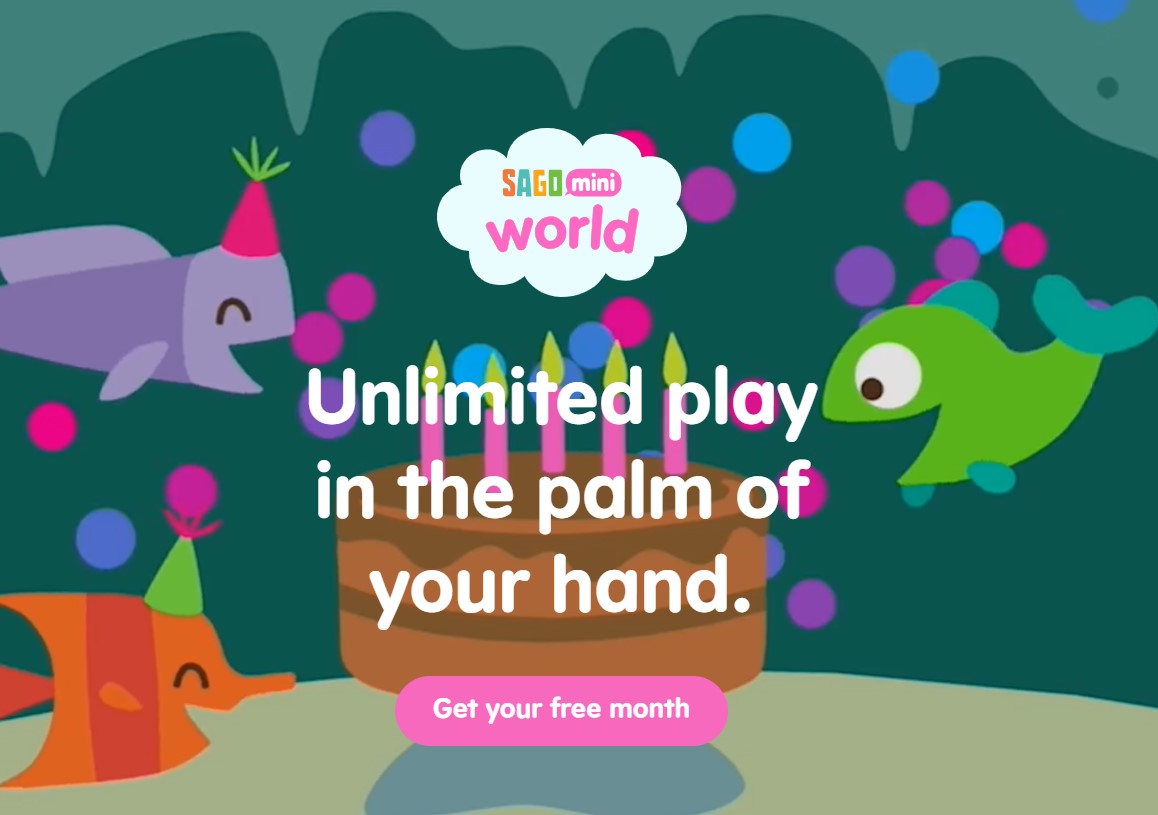
Sago Mini’s collection delivers multiple mini-games covering diverse developmental areas that toddlers love to explore. Each game includes engaging activities that reinforce different skills, making it an excellent app for toddlers to practice various concepts. The app is designed to help toddlers learn through diverse play experiences that combine creativity with learning.
Visit https://sagomini.com/world/
Montessori Preschool
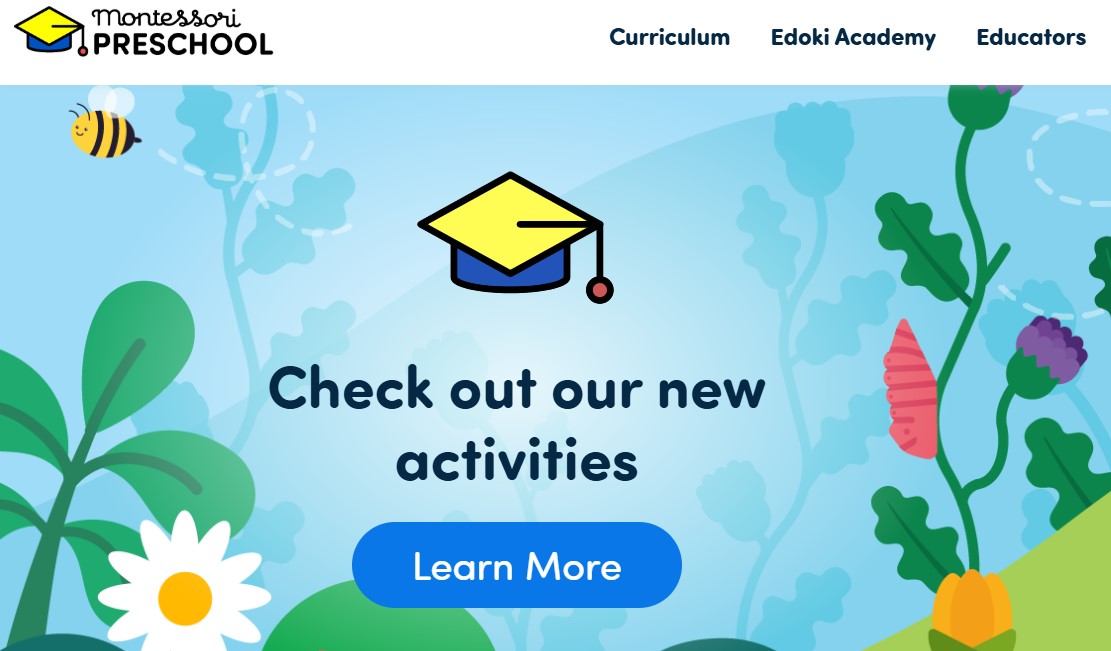
Montessori Preschool combines Montessori educational principles with digital interaction, providing a structured way for toddlers to learn foundational concepts. Children can learn about letters, numbers, and practical life skills through hands-on activities they can complete independently. This interactive app encourages toddlers to develop concentration and independence while learning.
Visit https://edokiclub.com/
iPhone and iPad Compatibility
Digital learning platforms have revolutionized how toddlers can learn and engage with foundational concepts. Research from the Zero to Three organization suggests that well-designed educational apps can support healthy development when used appropriately with adult guidance. The key lies in selecting tools that make learning enjoyable while maintaining developmental appropriateness—moving beyond passive screen time to active engagement.
Modern interactive tools for toddlers leverage multiple developmental domains—cognitive, language, motor, and social-emotional—to support holistic growth. This approach enables toddlers to absorb information naturally and ensures that children with different learning styles can explore concepts through meaningful and personalized experiences.
Age-Appropriate Learning Stages for Toddler Apps:
| Age Group | Developmental Focus | App Features | Best Apps Category |
| 12-18 months | Cause & Effect | Simple touch responses, bright visuals | Apps for young toddlers |
| 18-24 months | Language Explosion | Animal sounds, first words, simple interactions | Vocabulary building |
| 2-3 years | Symbolic Thinking | Sorting games, shape recognition, pretend play | Cognitive development |
| 3-4 years | Pre-Academic Skills | Letter recognition, counting, creative expression | School readiness |
Why Interactive Learning Tools Matter: Making Education Fun and Engaging for Toddlers
Educational technology research consistently demonstrates that interactive experiences can significantly enhance early childhood development. Dr. Maria Hernandez from the Center for Early Childhood Development notes, “Toddlers who engage with well-designed digital platforms show improved language development and increased curiosity about their environment.”
Benefits of Interactive Learning Tools for Toddlers
- Developmental Appropriateness: Complex concepts become accessible through visual and interactive elements designed specifically for toddler attention spans and motor abilities.
- Self-Paced Learning: The best free apps for toddlers allow children to explore at their own developmental pace.
- Immediate Feedback: Interactive experiences provide instant responses that help toddlers understand cause-and-effect relationships.
- Safe Exploration: Digital environments allow toddlers to experiment without physical safety concerns.
- Accessibility: Many apps provide affordable access to educational materials that support development.
- Engagement: Fun and interactive features keep toddlers motivated to continue exploring and learning.
Studies from the journal Developmental Psychology suggest that toddlers who engage with appropriate educational technology for 15-20 minutes daily show measurable improvements in vocabulary and pre-literacy skills within 4-6 weeks, highlighting how these platforms support natural development.
How to Find Top Learning Tools for Toddlers: App Types and Key Features
Selecting appropriate tools for toddlers requires careful consideration of several factors to ensure the app provides meaningful developmental experiences:
- Age Appropriateness: The best free apps for toddlers are designed to align with your child’s developmental stage and attention span. Apps designed for older children might overwhelm toddlers, while overly simple programs may fail to engage developing minds effectively.
- Educational Value: Choose apps developed in collaboration with child development experts or endorsed by trusted early childhood organizations. Top-rated learning apps often come highly recommended by pediatricians and early childhood educators.
- iPhone and iPad Compatibility: Many apps are available across platforms, ensuring accessibility for families with different devices.
- Interactive Features: The best apps include touch-responsive activities, cause-and-effect games, and hands-on exploration that makes learning engaging. Apps tend to be more effective when they provide multiple ways for toddlers to interact with content.
- Safety and Privacy: Great apps for toddlers prioritize robust privacy protections and age-appropriate content. Look for apps that don’t include inappropriate advertising or external links.
Parent Involvement: Apps that encourage parent-child interaction allow families to extend learning beyond screen time.
Learning Apps for Toddlers: Encouraging Development and Early Education
The integration of interactive learning tools for toddlers into early childhood represents a significant opportunity to support healthy development and school readiness. When parents find the best digital platforms that align with natural development, these resources can lay strong foundations for future learning success.
Making Learning Natural: Top apps for toddlers break down complex concepts into developmentally appropriate experiences that encourage natural curiosity. These tools introduce educational concepts in ways that feel like play, sparking interest from an early age.
Supporting Different Learning Styles: Excellent apps accommodate various learning preferences, ensuring every toddler can effectively explore new concepts. Whether through visual stimulation, auditory feedback, or touch interaction, these platforms help children learn in ways that suit their individual development.
Building Foundation Skills: Digital learning tools help develop language, cognitive, and motor skills essential for future academic success. They teach toddlers to approach problems systematically and understand relationships between actions and outcomes.
Early Childhood Educator Recommendations: Apps That Work
Early childhood educators consistently recommend apps that combine developmental appropriateness with engaging content effectively. The most successful apps in childcare and preschool settings are those that:
- Provide clear developmental objectives aligned with early learning standards
- Offer interactive experiences that maintain toddler attention
- Include simple assessment tools that help educators track developmental progress
- Encourage toddlers to explore concepts independently
- Support both individual and group learning experiences
Many early childhood educators report that toddlers who use appropriate educational apps show increased vocabulary development and demonstrate better problem-solving skills during other activities.
What’s Next
Emerging technologies continue to expand possibilities for early childhood education through mobile applications. The most advanced interactive learning platforms for toddlers are incorporating features that make learning more engaging than ever:
- Simple AR Integration: Basic augmented reality features enable toddlers to interact with digital content in their physical environment, offering immersive experiences appropriate for their developmental level.
- Adaptive Learning: AI-driven apps adapt to each toddler’s unique developmental pace, ensuring appropriate challenges and support.
- Family Connection: Future platforms will incorporate family sharing features, allowing parents and caregivers to support learning together while maintaining privacy and security.
- Cross-Device Integration: Sophisticated educational ecosystems are connecting mobile apps with home activities and early childhood programs.
According to the National Association for the Education of Young Children, high-quality early learning experiences are crucial for future academic success, highlighting the importance of carefully selected digital learning tools for toddlers.


